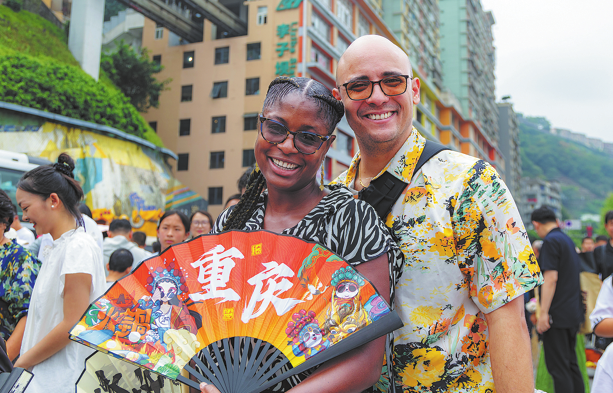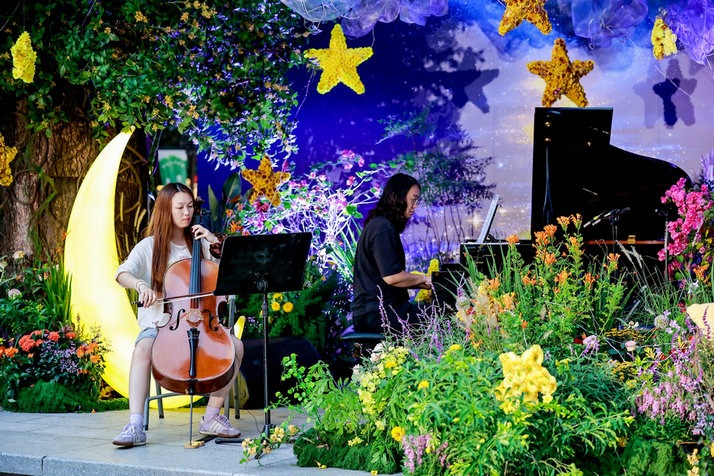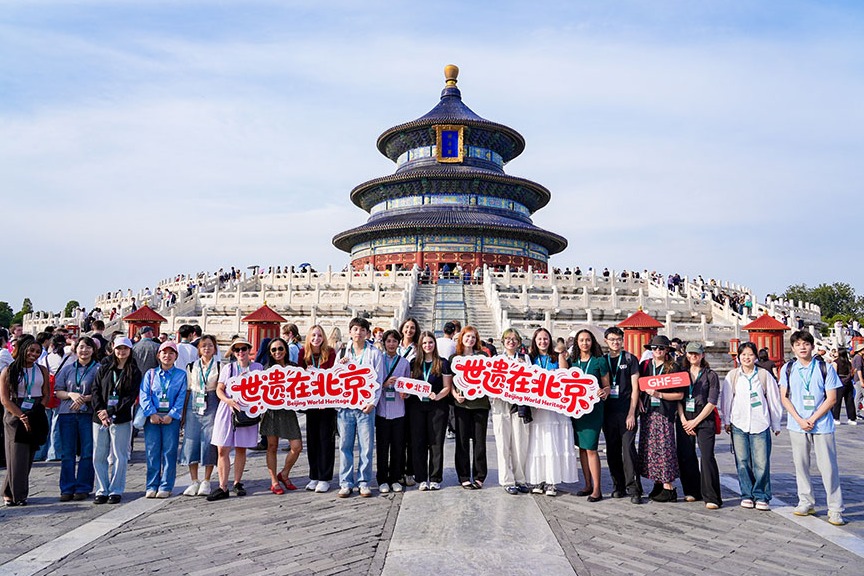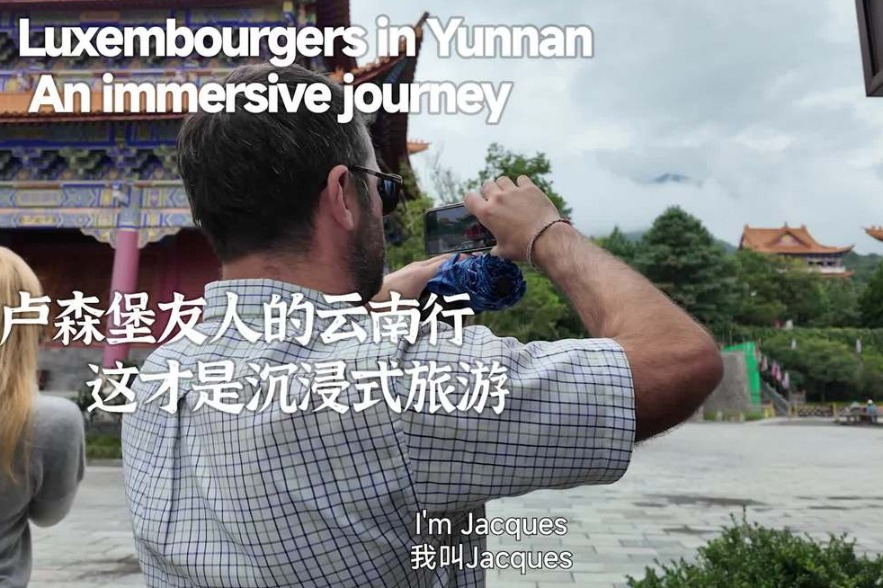Youth-focused wellness services revitalize historic blocks


Strolling through bustling blocks, relaxing at massage parlors, or killing time at a roadside tea or coffee shop, such leisurely practices of "slow living" are gaining popularity among locals and tourists in Southwest China's Chongqing municipality.
A growing interest in wellness practices among young Chinese people has transformed this city's leisure consumption market, offering diverse experiences such as specialty massages and tea-drinking sessions.
As one of the century-old areas in downtown Chongqing, the Luzumiao block has preserved historical memories amid red-brick and tile-roofed structures, while also serving as a prime location for leisure businesses.
One such business is Lantiya Massage Parlor, which provides authentic Thai-style massage with techniques adapted to local needs. All its therapists are from Thailand and have over eight years of experience.
"We blend Thai techniques with local preferences to create a unique relaxation space," says manager Hu Peng. The parlor offers tailored packages, such as one for tourists aimed at relieving sore feet and another targeted at easing back pain for office workers.
Liu Cong, a tourist from Beijing, visited this massage parlor on two consecutive days. "It was a novel experience. The therapists are professional and attentive, and I feel much more relaxed afterwards," she says.
Beyond massage, Lantiya integrates afternoon tea, allowing customers to immerse themselves in the block's traditional architecture and culture.
Similarly, Golden Impression massage parlor attracts over 2 million annual visitors through diversified services. Marketing head He Renjie notes that over 80 percent of customers are under the age of 35.
"We combine wellness with specialty cuisine such as healthy, low GI (glycemic index) meals and local specialties, HiFi audiovisual systems, and travel services such as luggage storage and overnight accommodation, to meet the demand for personalized experiences," he says.
For a quieter experience, Nianxiang Niancha Tea House in the Shibati scenic area offers a cultural retreat featuring traditional teas and tea-infused rice, a local dish made with tea, vegetables and nuts.
The teahouse's owner, Ma Kun, describes it as a "cultural space", where handmade tableware and informational cards educate visitors on the history of the dishes. This approach is making tea culture trendy among vegetarians and young people.
Chongqing has continuously cultivated and developed itself as an international consumption hub in recent years, and these efforts are paying off.
In the first half of 2025, retail sales of consumer goods exceeded 830 billion yuan ($116.5 billion), achieving sustained growth.
Notably, a thriving leisure sector, coupled with a vibrant night economy, continues to diversify consumption models, enhancing the city's appeal.

































